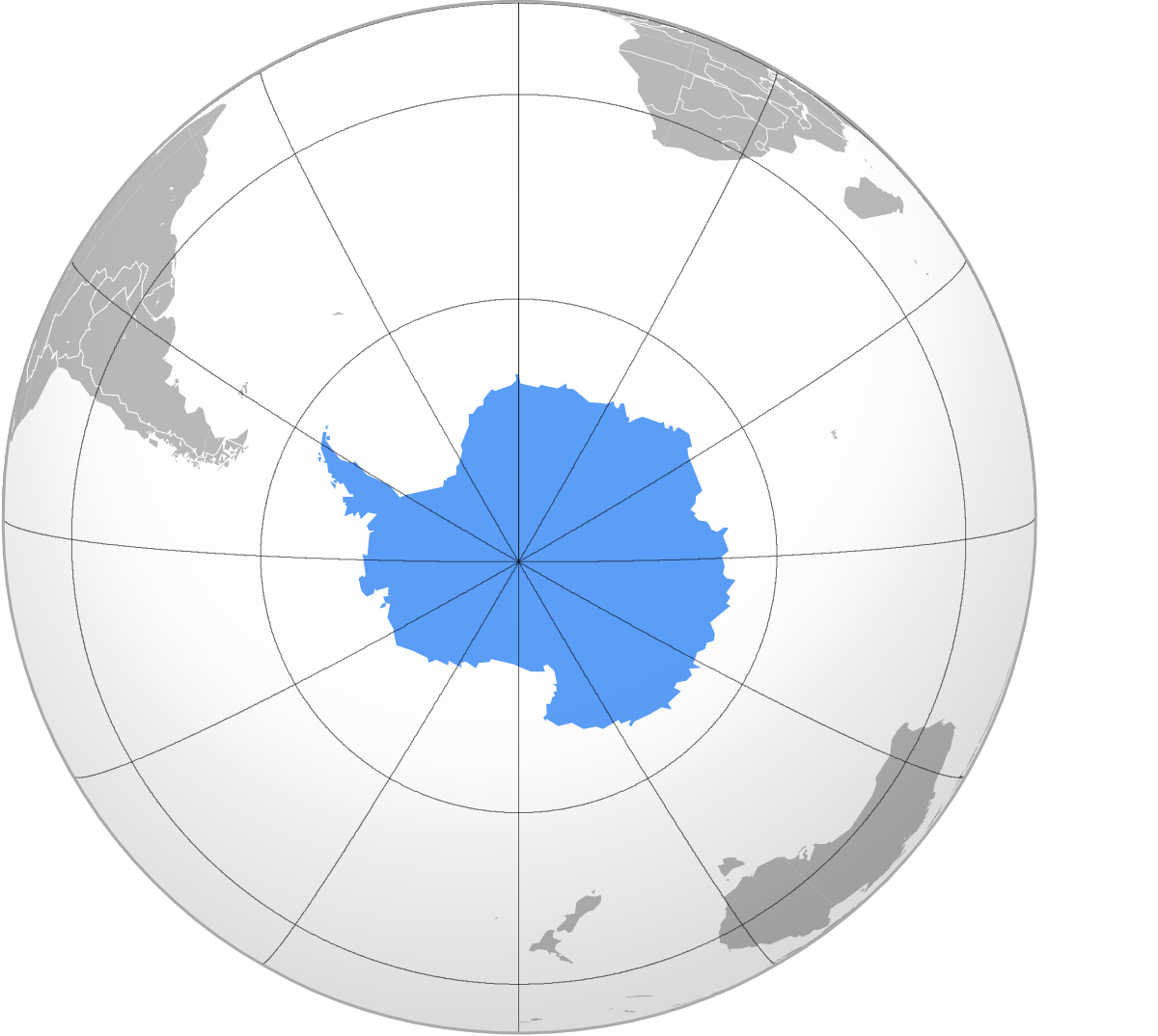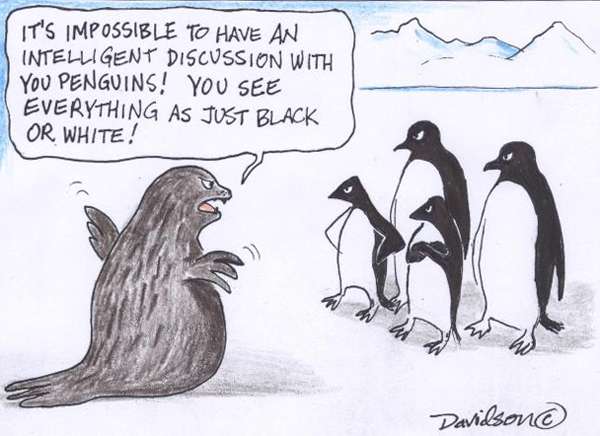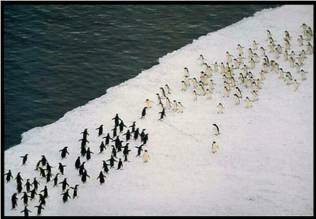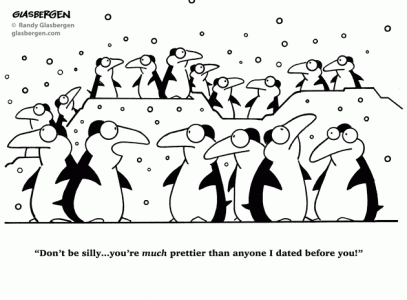

"The distinctiveness of the accent heard in a place reflects that place’s isolation. It’s probably no coincidence that, as almost every place in the world has become less isolated, accents have become less distinctive."
"In these days of vanishing forms of regional speech, if you wanted to hear a new one coming into being, you’d have to go to the ends of the Earth — or one specific end of the Earth, anyway, as demonstrated not long ago by researchers from the Ludwig Maximilian University of Munich. Taking and analyzing recordings made over the course of one winter, they discovered that a new accent has begun to take shape in English as spoken in Antarctica." (READ MORE)
Last edited:











